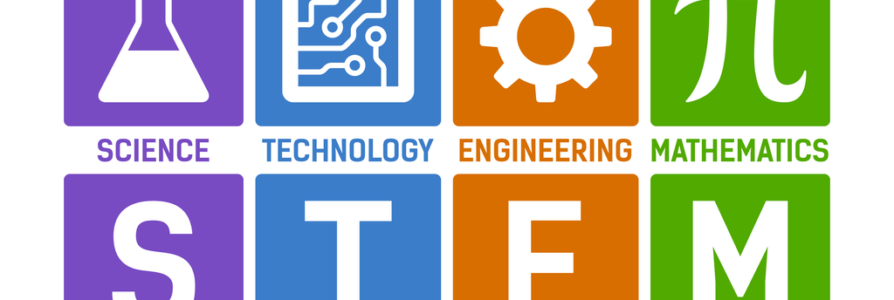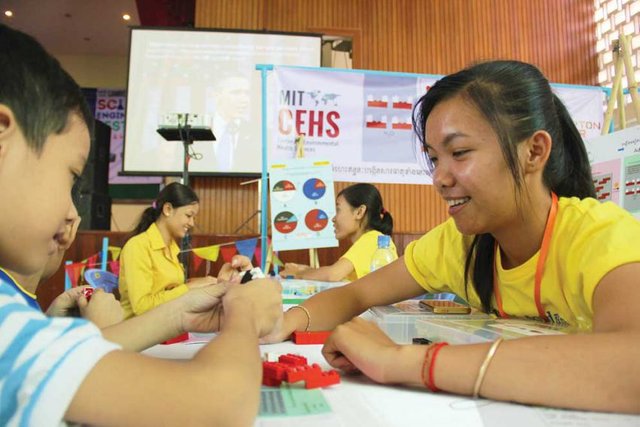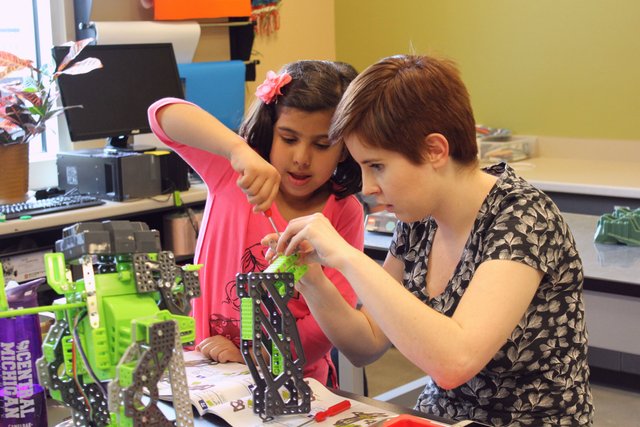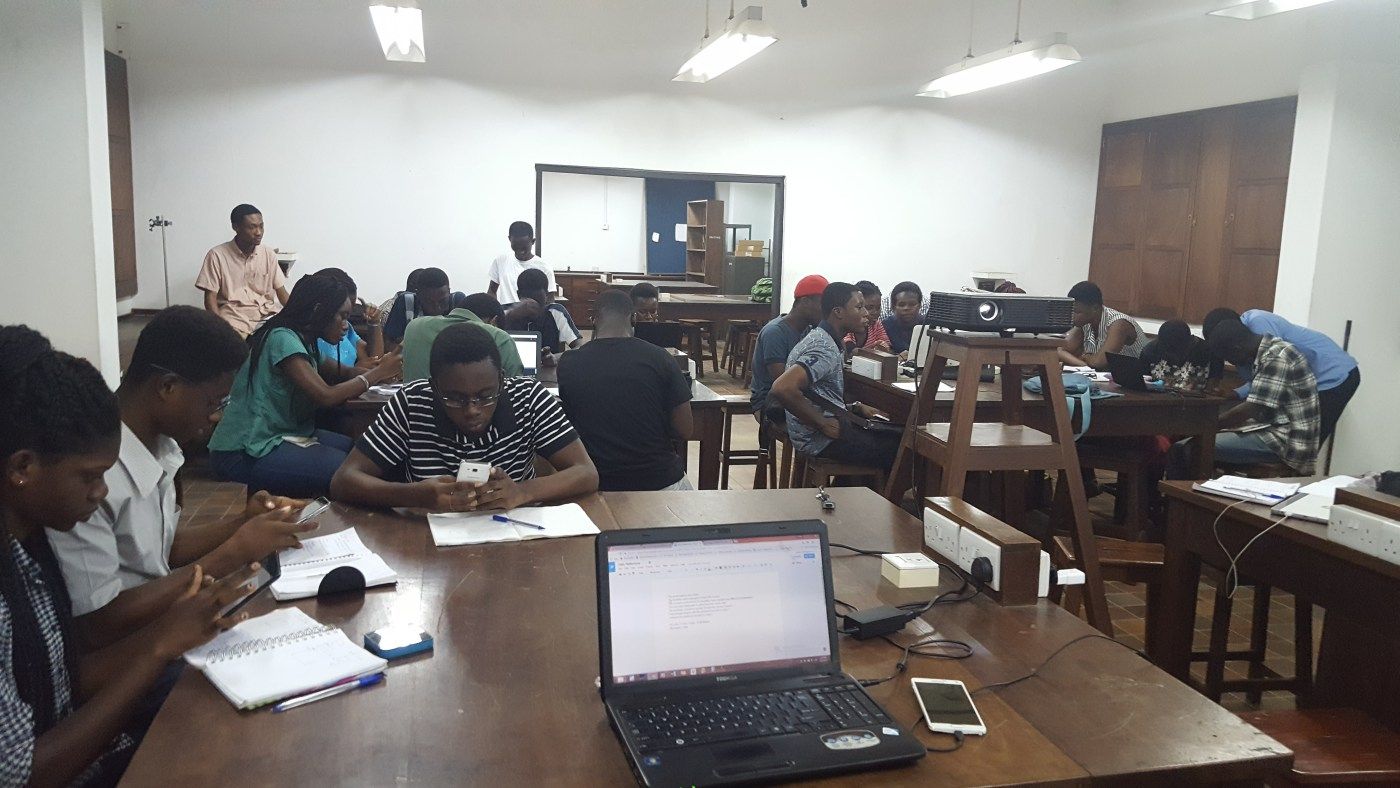STEM EDUCATION IN AFRICA

What is STEM Education?
Science, Technology, Engineering and Mathematics (STEM) courses is based on extensive research demonstrating the significant limitations of traditional, lecture‐based instruction. STEM approach has been widely applied in developed and developing countries. Education is now expected to provide hard skill and soft skill to learners to form competent human resources so they can compete internationally. In Indonesia, the STEM approach has not been widely used. Application of STEM approach in each country is different according to the needs of the State itself. In education, there are some subjects that are important to learn because they have many benefits both in real life and in integration with other subjects. One of the most important subjects to learn in the school is Mathematics. Mathematics is an important lesson because Mathematics is very useful in life. Mathematics also can be integrated with various disciplines such as Social Studies , Science, and Art. As Steve Jobs explained that “ it’s in Apple’s DNA that technology alone is not enough
that it’s technology married with liberal arts, married with the humanities, that yields us the result that makes our hearts sing.”
AIMS of STEM Education
The study of STEM aims to describe the process of learning mathematics with approach in Africa which includes the readiness of teachers before the learning process, implementation of learning, evaluation of learning and to describe the obstacles experienced by teachers during the learning process with STEM approach in Africa. The most important aspect in a country's development is education. Education, needed nowadays is an education that is able to provide student learning experiences so that students have the ability to solve problems, think deeply, manage projects, and use various tools of technology and information.

students have the ability to solve problems

students have the ability to think deeply

students have the ability to manage projects
Impact of STEM Education in Africa

Until recently there has been very little knowledge about the degree to which STEM faculty know about or use instructional strategies that are consistent with the research base in Africa. Although tremendous amounts of time and money has gone into developing and disseminating research‐based pedagogy and curriculum, there currently exists a substantial gap between knowledge of ‘best practice’ instructional methods within the community of educational researchers and the teaching practices of typical STEM faculty. To improve reform efforts, it is helpful to first consider the impact of past efforts. To increase participation in STEM-related courses in secondary schools and higher levels of education in Africa, the partners are organising STEM clinics in some selected countries in Africa. These run on a quarterly basis to sensitise students to various STEM-related careers that student can pursue (e.g. teaching, medicine, laboratory work, or telecommunications engineering).
{ thats all guys , feel free to up-vote and comment the content and i will get back to you! }